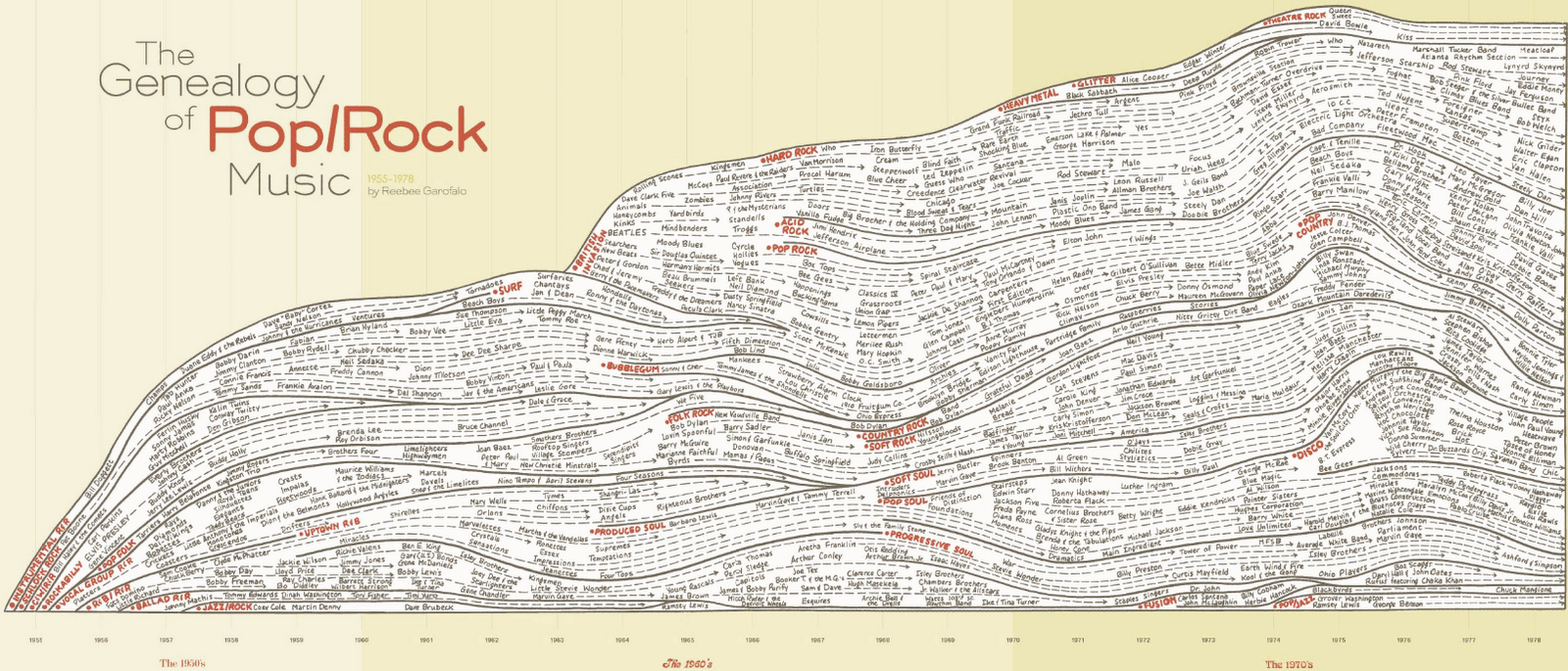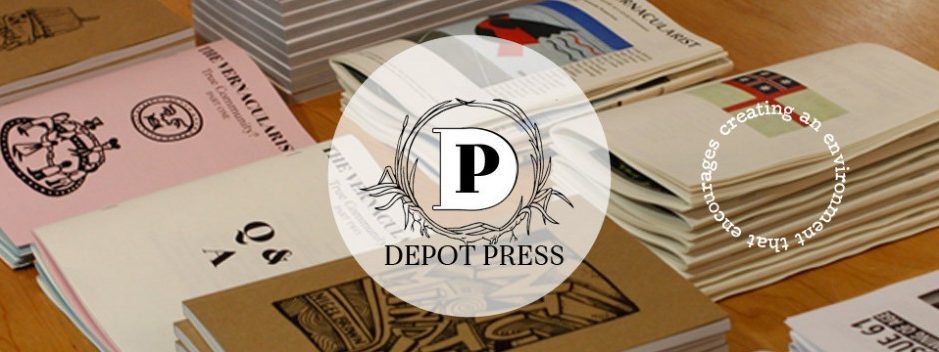
Finding definition
Last Monday June 13th I began my internship at The Depot in Auckland.
My role is officially that of the ‘Cultural Genealogy Research Intern’
But what does that mean?
Well it’s probably easiest to begin by first finding and creating definition for Cultural Genealogy.
Simply searching for cultural genealogy returned several directions for definition, with sociological studies providing the most extensive philosophical definition and metaweb providing the most extensive application of the mapping process itself (which I will get to later). Trying to glean a definition from thousands of references quickly proved impractical so it seemed logical to instead look at the keywords culture and genealogy and their roots.
A quick glance at online encyclopedia wikipedia gave me the following definitions:
culture is defined in three parts by wikipedia-
- ‘excellence of taste in the fine arts and humanities, also known as high culture,
- an integrated pattern of human knowledge, belief, and behavior that depends upon the capacity for symbolic thought and social learning
- the set of shared attitudes, values, goals, and practices that characterizes an institution, organization or group’
and genealogy is defined as-
- ‘the study of families and the tracing of their lineages and history. Genealogists use oral traditions, historical records, genetic analysis, and other records to obtain information about a family and to demonstrate kinship and pedigrees of its members. The results are often displayed in charts or written as narratives’
The study of cultural genealogy however is not limited to the familial ties of individuals but the relationships that occur between individuals, places or things (which we will refer to as entities).
Using a selection and combination of keywords and phrases from these definitions and other online sources we could then define cultural genealogy as:
- the study and tracing of an entities lineage and history using oral traditions, historical records and other records to obtain information about an entities position in relationship to other entities with shared attitudes, values, goals and practices
(I’ve actually submitted this definition to urban dictionary and will post details on its acceptance or rejection)
So part of my internship could then be defined as: researching the lineage and history of entities (in my case the entities are from New Zealand’s creative industries) using oral traditions (in this scenario specifically the Depot’s Cultural Icons and Vernacular Lounge programmes), historical records and other records to obtain information about an entities position in relationship to other entities.
Today I am particularly enjoying the latest episode in the Cultural icons programme an interview with New Zealand painter Stanley Palmer, by poet Riemke Ensing, both re-nowned creative personalities. The interview itself is an example of how two entities are connected in terms of cultural genealogy.
But enough. Here is an example I was given on my first day of successful a successful genealogy map. You can see the chart developed by Rene Garafalo in all its detail here…
